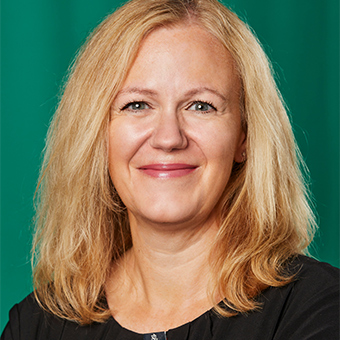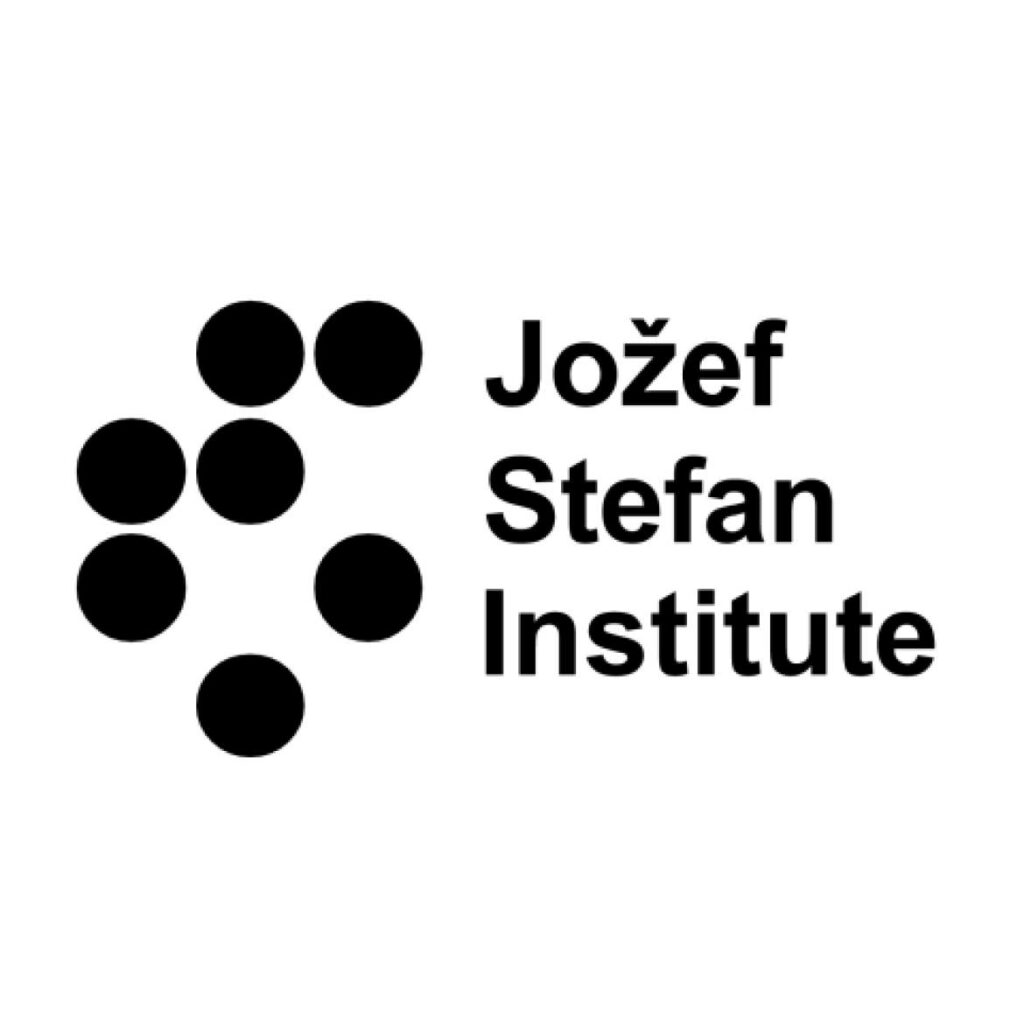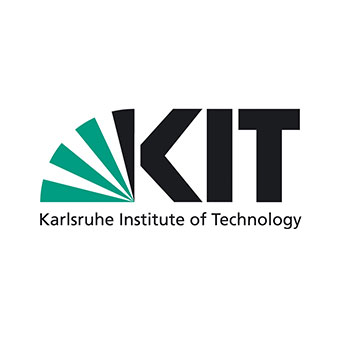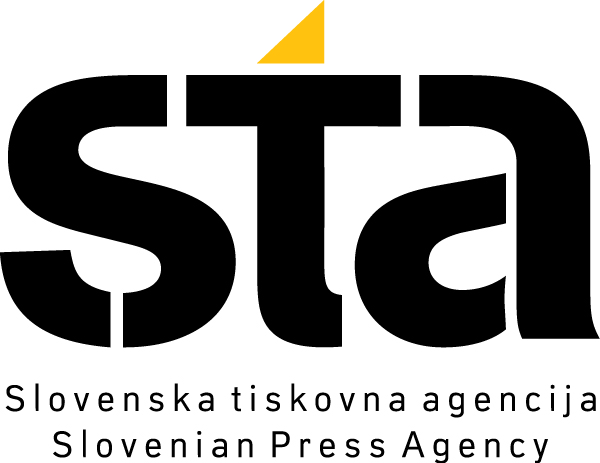TWON Project Launched
Using digital twins to explore the influence of social media on democracy
Research Focus: Digital Participation and Democracy
Together with an international consortium, the FZI Research Center for Information Technology is investigating the effects of social networks on the culture of democratic debate as part of the EU-funded TWON (Twin of Online Social Networks) project. At the end of the project, the aim is to present the European Commission with corresponding strategic recommendations for possible regulations of technology companies or platform operators.
Online social networks influence the dissemination of news and thus the behavior of their users through their internal mechanisms design, such as algorithmic ranking. While such decisions are often made for economic reasons, many calls for social media to moderate published content aim to minimize harmful consequences for democratic debates. Despite such calls for intervention, there is no single method for estimating the impact of changing the algorithmic parameters of a social network. In particular, the complexity of such systems makes it difficult to translate the results of isolated experiments into an estimate of the overall impact.
The overall goal of the research project is to use a digital twin to identify the impact of social media platform mechanisms, such as content filtering or personalization, on democratic debates. On the one hand, this is intended to identify metrics that promote democracy and, on the other, to create a discussion basis that is independent of politics, civil society, and platform operators for possible regulatory measures or even design recommendations for platform operators.
With digital twins, network modeling and AI approaches to simulated social networks
The key to achieving the project goal is to develop a digital twin of social network platforms that can be used to specifically simulate discussion topics and, for example, filtering and personalization mechanisms. Platform design decisions and their impact on democratic debates can thus be examined and tested. To create an authentic environment, theoretical insights into networks and Artificial Intelligence mechanisms are used.
Bringing proposals for legislators and project results into the public discourse
Together with the consortium partners, the FZI is using case studies to research and evaluate the influence that platform design decisions have on the quality and nature of democratic debates in virtual space. Based on the research results, the consortium formulates proposals to legislators for better regulation of social networks and offers stakeholders, such as social media managers, support in improving their platforms. Through various participatory formats developed by the FZI, such as Citizen Labs, the consortium also aims to share and discuss the methodology and results of the TWON project with a European public. The feedback gained from the public space can be directly processed in the project.
The project is funded by the European Commission, specifically the Horizon Europe Framework Program, for a period of three years. In April 2023, the consortium partners came together for the kick-off of the project in Amsterdam and have been working on the realization of the vision ever since. FZI Department Manager Dr. Jonas Fegert is part of the the executive board of the EU project.
About the project:
The TWON research project is funded by the European Union with nearly €3 million for a period of three years (04/2023 – 03/2026). The international consortium comprises eight universities and partners from research, civil society, and business.
Consortium partners in the project are:
About the FZI
The FZI Research Center for Information Technology, with headquarters in Karlsruhe and a branch office in Berlin, is a non-profit institution for information technology application research and technology transfer. It delivers the latest scientific findings in information technology to companies and public institutions and qualifies individuals for academic and business careers or the leap into self-employment. Supervised by professors from various faculties, the research groups at the FZI develop interdisciplinary concepts, software, hardware and system solutions for their clients and implement the solutions found as prototypes. The FZI House of Living Labs provides a unique research environment for application research. The FZI is an innovation partner of the Karlsruhe Institute of Technology (KIT) and strategic partner of the German Informatics Society (GI).

Press contact
Valérie Hasler
Division Manager Communications
- +49 721 9654-345
- presse@fzi.de
- Headquarters Karlsruhe
Download press release (PDF):







